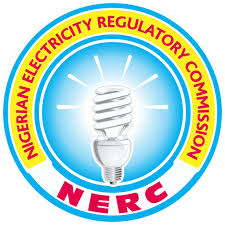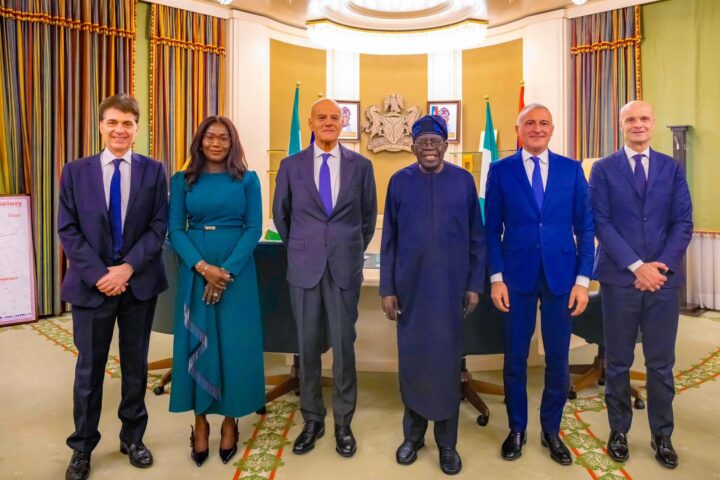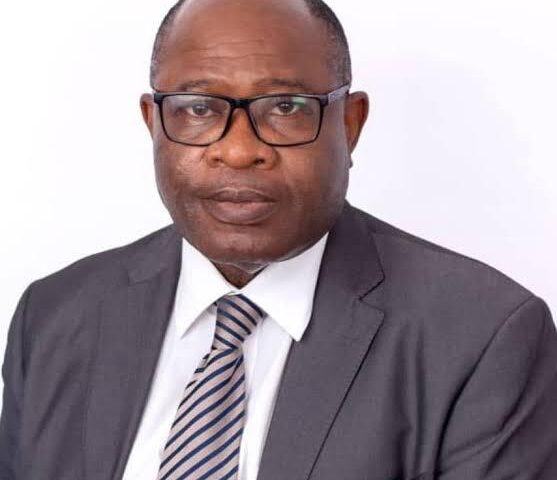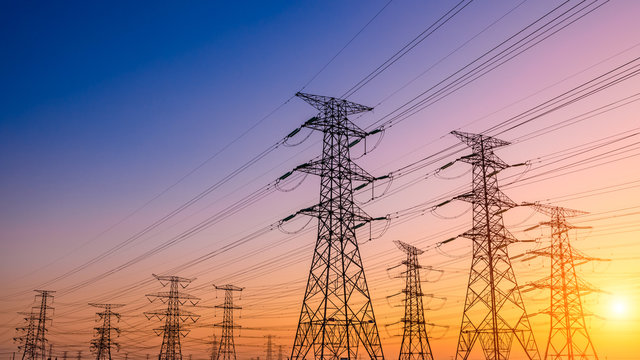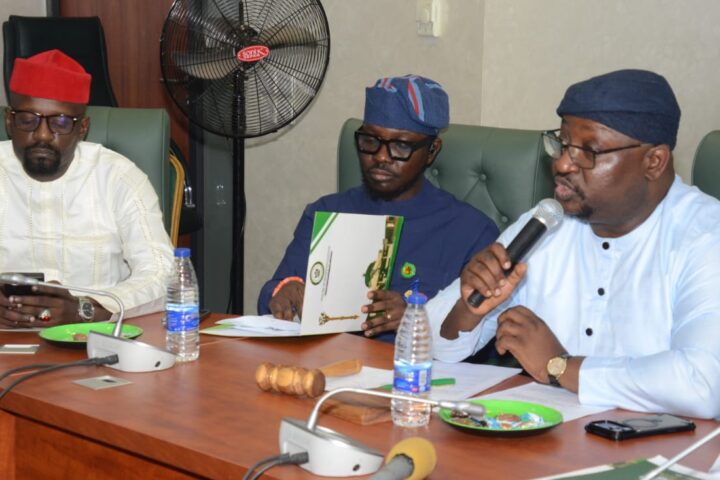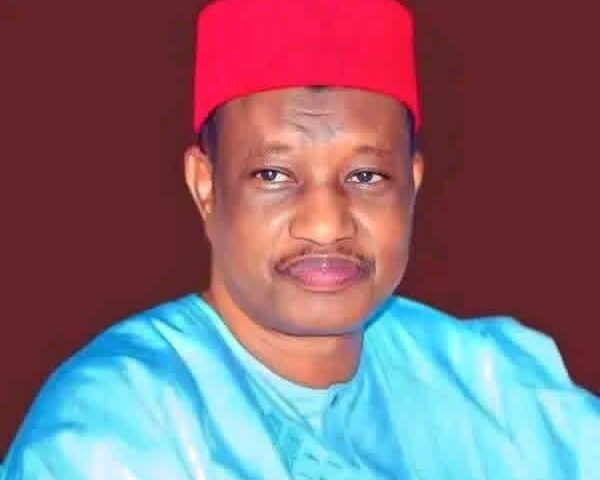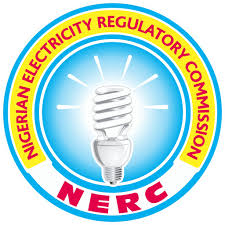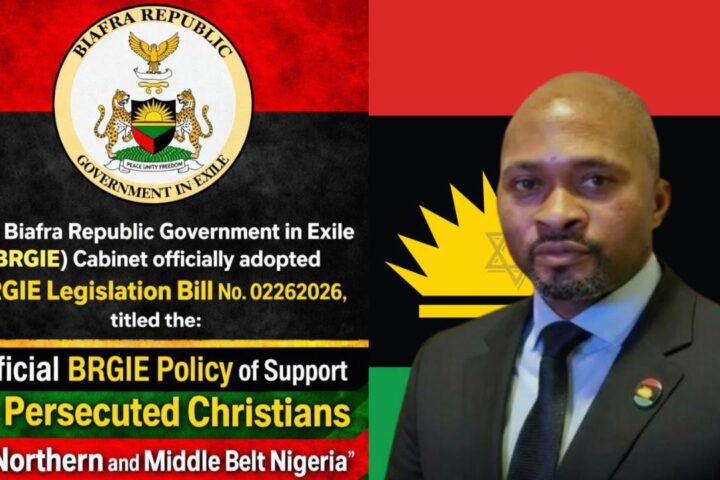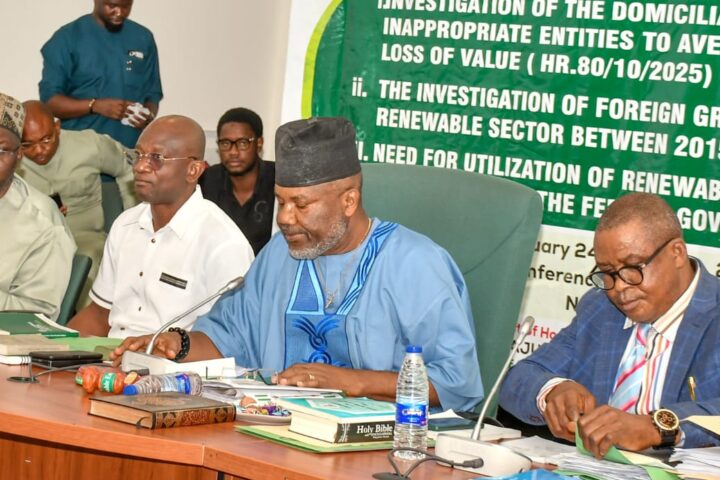Renewable energy sector has the potential to expand Nigeria’s Gross Domestic Product(GDP) contribution from 0.6% to 5% by 2035,Dr. Segun Adaju, Chief Executive Officer of Consistent Energy Limited, has said.
He lamented that Nigeria loses an estimated $14 billion annually in foreign direct investment on account of inconsistent policies.
He spoke on Thursday at a high-level dialogue on “Unlocking Industrial Growth: Stability, Infrastructure, Institutions, and Finance, organised by the Industrial Policy Commission of the Nigerian Economic Summit Group (NESG).
According to him, with less than 5,000 MW of electricity available for over 200 million people, manufacturers are forced to self-generate power, spending up to 40% of operating costs on energy.
He emphasized the urgency of strengthening foundational enablers including macroeconomic stability, transparent institutions, modern infrastructure, and innovative financing models to build competitiveness and resilience.
He explained that the dialogue was convened to explore how Nigeria could transform its abundant natural and human capital into a globally competitive industrial economy.
Nigeria, he said, is at industrial crossroads.
The technical presentation by Engr. Belije Madu, Thematic Lead, NESG Power Thematic Group, highlighted the urgent need to link energy sector reforms with manufacturing competitiveness.
He said Nigeria’s electricity market remains stuck at Stage 2 of development, far from the Stage 4 benchmark where power effectively drives industrialisation.
Chronic financial shortfalls, compounded by macroeconomic instability, crude oil price shocks, and COVID-19 disruptions, have stalled reforms, he said.
He noted that Nigeria faces a “glass ceiling” of 5,500 MW of available capacity—far below what is needed for industrial growth.
Mr. Kayode Khalidson, Chief Executive Officer of IDI, examined the steel sector, focusing on the Ajaokuta Steel Mill and the challenges of securing reliable feedstock.
He noted that reliance on imported coking coal has proven unsustainable, underscoring weak long-term planning in Nigeria’s industrial development.
Dr. Segun Adaju reiterated the urgency of reforming the power sector, stressing that reliable generation, transmission, and distribution are essential to enhance productivity and competitiveness.
Mr. Ebipere Clark, Visiting Fellow at the Africa Policy Research Institute (APRI), emphasised the link between sound economic structures and access to financing.
He argued that once enabling frameworks are established, financial flows can reverse negative cycles, positioning Nigeria for sustained growth.











